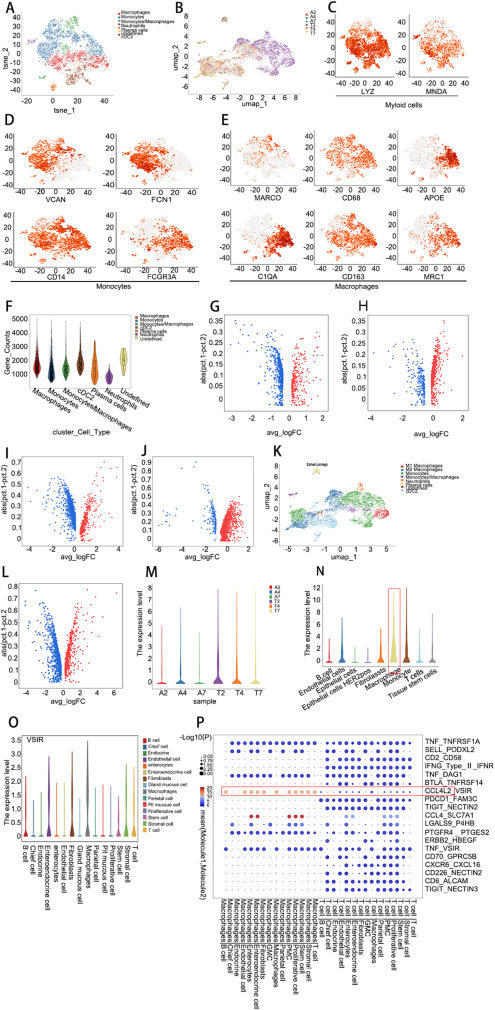
Single-cell sequencing reveals the immune microenvironment associated with gastric cancer


Gastric cancer has a high incidence worldwide; the incidence of gastric cancer ranks fifth among all malignant tumors, and the mortality rate ranks fourth.1 The immune microenvironment plays an important role in the occurrence, progression, and metastasis of gastric cancer.2 Immunotherapy has been recognized as the most effective treatment for a variety of human cancers. Among immunotherapy strategies, the blockade of immune checkpoints is becoming the most common cutting-edge cancer immunotherapy method, and also the most effective method.3 Given the high incidence and mortality of gastric cancer, identifying new immune checkpoints in the process of gastric cancer formation is urgently needed, as it provides a new theoretical basis for the diagnosis and treatment of gastric cancer. Thus, we conducted single-cell sequencing analysis of three pairs of primary gastric cancer and adjacent normal tissues to search for genes related to the immune escape of gastric cancer cells. The detailed case data are shown in Table S1. Our results revealed that the VSIR gene plays an important role in the development of gastric cancer. However, the mechanism by which the VSIR gene helps gastric cancer cells achieve immune escape during gastric cancer formation is still unclear, and further research is needed.
